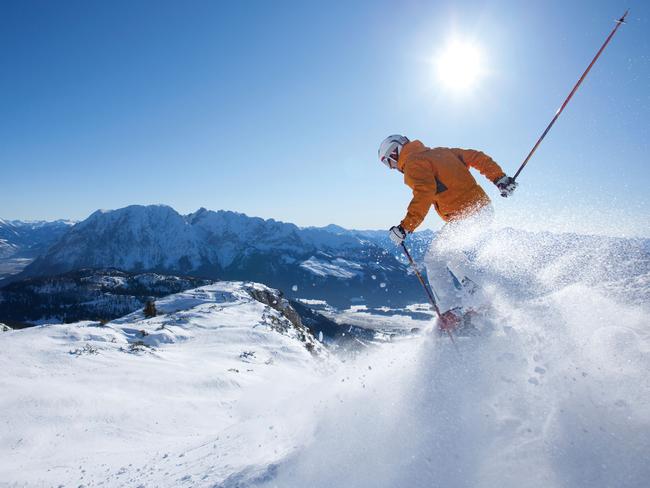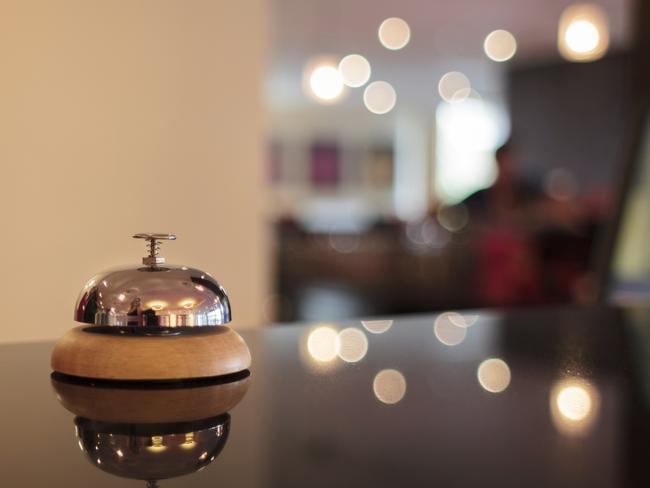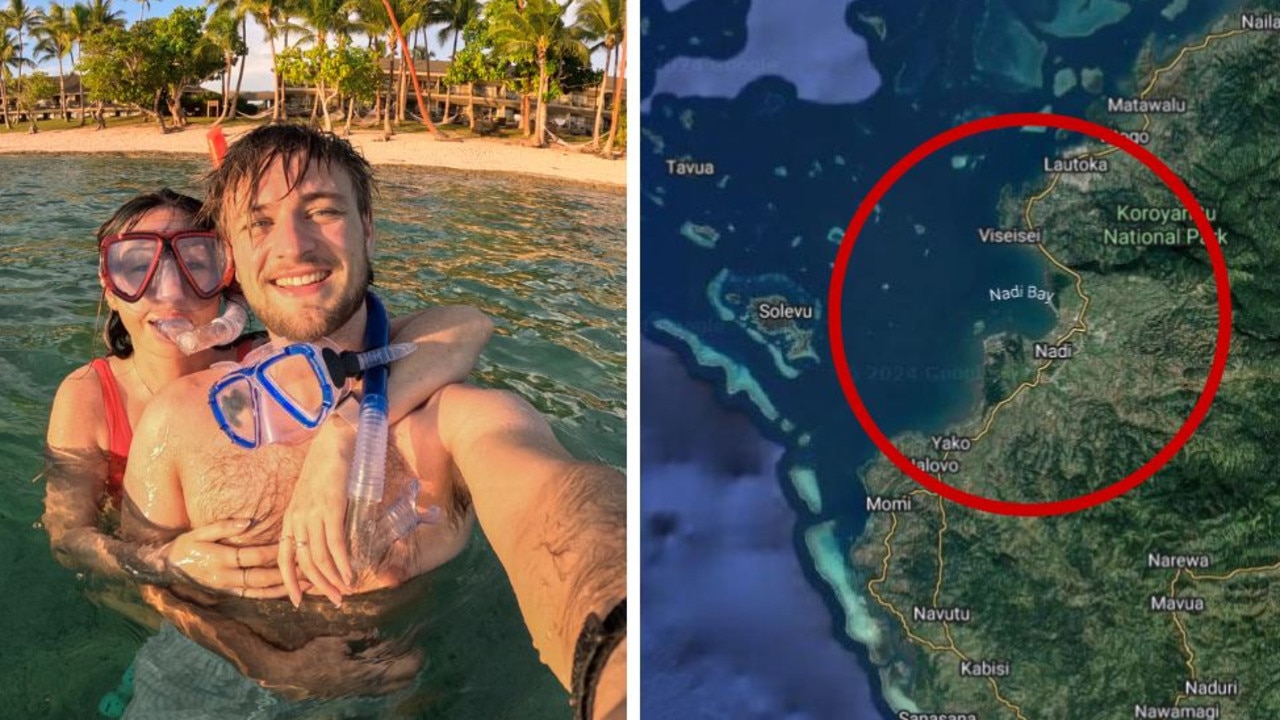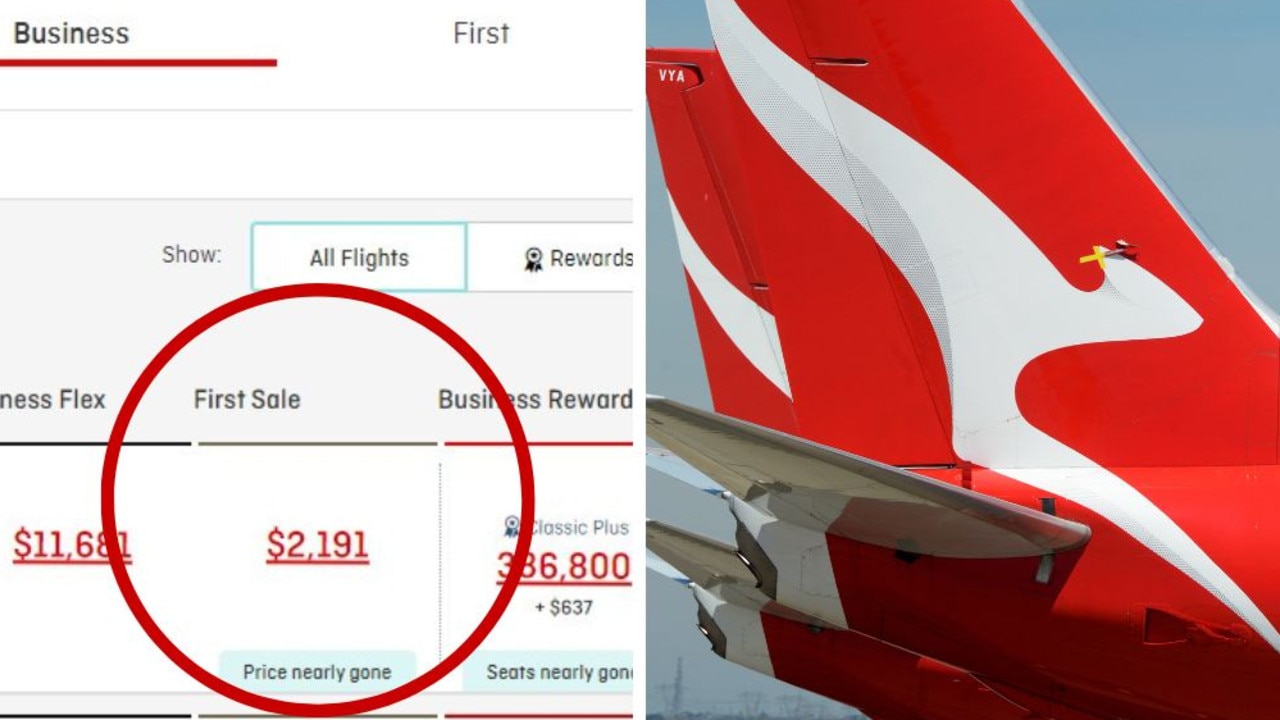The little known insurance clause catching out Aussie travellers
DO YOU buy travel insurance and think you’re covered for anything? Huge mistake.
THE fine print on travel insurance policy documents doesn’t exactly make for thrilling reading.
But if you did sit down and study all those pages of terms and conditions, you’re bound to find something that will make you sit upright and say, “Wait. What?”
Insurance policies come with a bunch of “excepts” and “but nots” and “unlesses” that can — and do — trip up travellers who thought their travel insurance covered them for anything that went wrong.
For example, the alcohol exclusion clause, which is in most travel insurance policies, means you probably won’t be covered for that broken leg you suffered during your drunken antics on the dancefloor.
But there’s another exclusion that may surprise travellers.
If you’re going on holiday with sporting equipment, such as a surfboard or skis, most insurers will not cover that equipment if something happens while you’re actually using it.
Wait. What?
“It’s a little-known exclusion of travel insurance that often catches travellers out,” comparetravelinsurance.com.au marketing manager Natalie Smith said.

“Holiday-makers assume that their personal belongings are covered for all scenarios when damaged, when in fact there are a host of exclusions to be aware of.”
What this means is your snorkelling gear, for instance, will be covered for damage during transit, or if it’s lost or stolen during your holiday.
But if something happens while you’re actually using that snorkelling equipment for the purpose it’s intended — snorkelling — almost all insurers won’t cover you.
The same thing goes for golf clubs, bicycles, fishing gear, and other equipment in the sports category. It’s all there in the policy fine print.
It is possible to find a rare insurer who will cover damage to ski equipment while in use, but only if extra snow sports coverage was taken out when the insurance policy was purchased. Otherwise, you’ll just have to be extra careful with your stuff.
It might seem ridiculous, but dents and scratches and other damage to sporting equipment is common and not exactly unforeseen — and travel insurance is more about those unexpected mishaps, rather than the stuff you can reasonably bet on happening.
Another exception that trips people up is while their sports equipment is covered during their hotel stay, it’s not covered if they leave it with the hotel concierge after they’ve officially checked out.

Sports equipment also won’t be covered if it’s accidentally left behind at the airport, train station or bus stop, left unattended or with a stranger, checked into the hold of a transport carrier (such as a train or bus), or if it’s stolen from a car when clearly visible through the car window. (You need to keep it concealed in the boot for it to be covered.)
So when is sporting equipment actually covered? According to comparetravelinsurance.com.au, insurers will cover sporting gear that’s damaged in transit (such as on the flight), pickpocketed or stolen, taken from a car when hidden in the boot, or part of delayed luggage.
Ms Smith also said when making a claim, even on your brand-spanking-new sports gear, be aware depreciation applied due to age and wear and tear.
“A way to get around the depreciated valuation of your equipment is to pay an additional premium and specify [the equipment] as a high value item,” she said.
“Once you’ve had your belongings valued, your insurer will cover you up to that agreed amount, with no devaluation applied should you need to claim.”
So even though it’s hardly a bestseller, always read that product disclosure statement.




